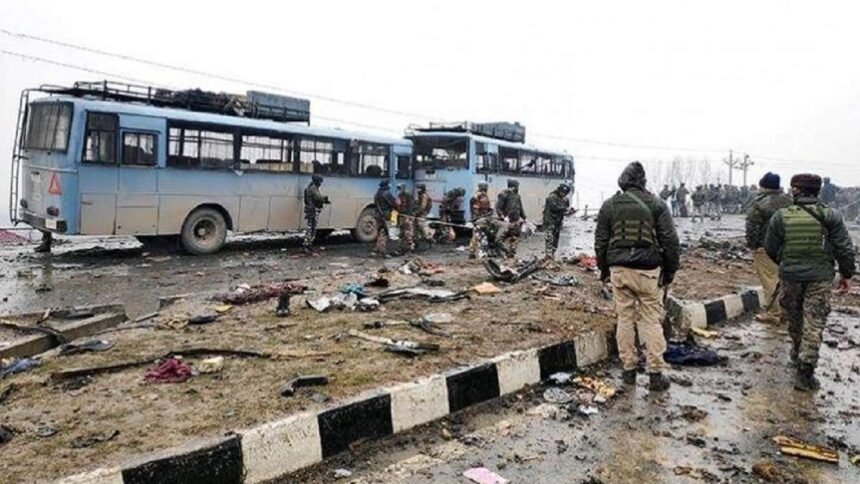In a tragic incident on Saturday night, militants targeted a bus on the Karakoram Highway in the northern Gilgit Baltistan region of Pakistan, resulting in the death of nine people, including two soldiers, and leaving over 20 others injured. The highway, a crucial link connecting Pakistan with China, traverses through the Khyber Pakhtunkhwa province, historically known for its susceptibility to terrorism due to the presence of Pakistani Taliban and other militant groups.
The bus, en route from Gilgit to Rawalpindi, came under gunfire, prompting the driver to lose control and collide with a truck. The impact led to a devastating fire, claiming the lives of both drivers on the spot. The assailants’ brazen attack highlights the persistent security challenges faced by the region.
Local police officer Azmat Shah confirmed the details of the incident, emphasizing the vulnerability of the Karakoram Highway, a vital transportation route. The attack not only resulted in civilian casualties but also targeted military personnel, underscoring the broader security threats posed by militant groups in the area.
More About Militant Attack:
At least 26 individuals, including a local Islamic cleric, Mufti Sher Zaman, sustained injuries and were promptly transported to nearby hospitals. The attack disrupted traffic in the region, prompting police to reroute vehicles and cordon off the site as investigations began.
This incident serves as a grim reminder of the precarious security situation in the region, raising concerns about the effectiveness of counterterrorism measures. The government faces the ongoing challenge of combating militant activities, particularly in areas with a history of being hotbeds for extremist ideologies.
The international community, including China, a key partner in the Karakoram Highway project, is likely to express deep concern over the incident. Ensuring the safety of such critical transportation routes is imperative for regional stability and economic connectivity.
As authorities investigate the perpetrators behind this heinous act, there is an urgent need for enhanced security measures and intelligence coordination to prevent future attacks. The tragic event underscores the importance of addressing the root causes of militancy and fostering international cooperation to eradicate terrorism from the region.
